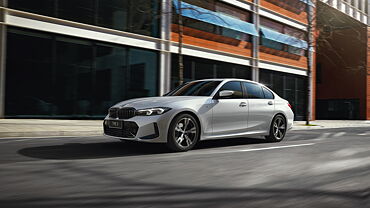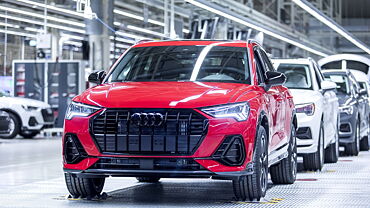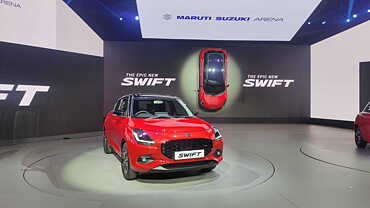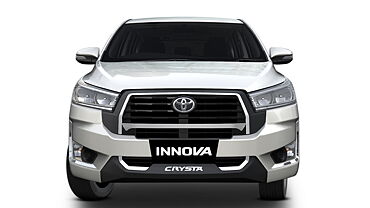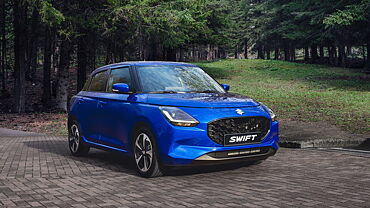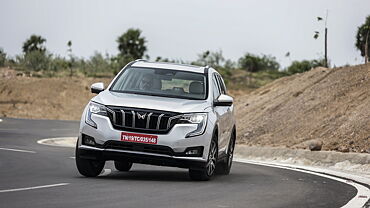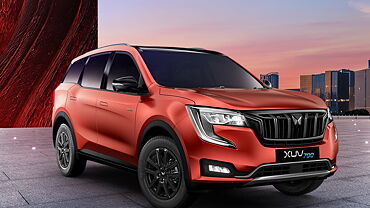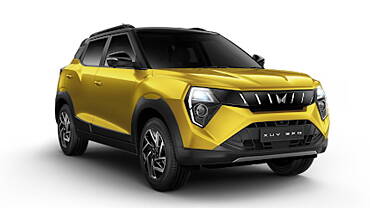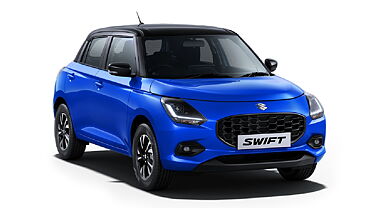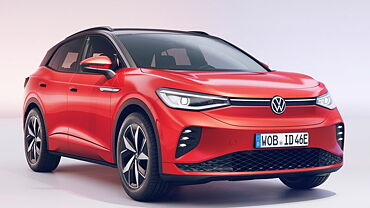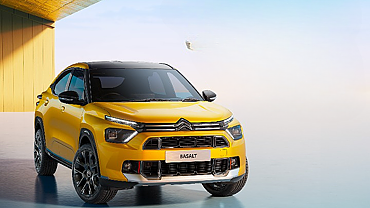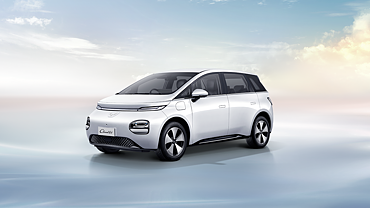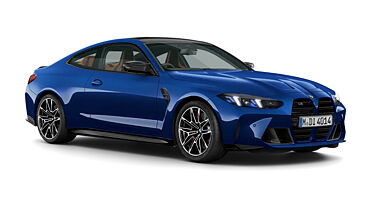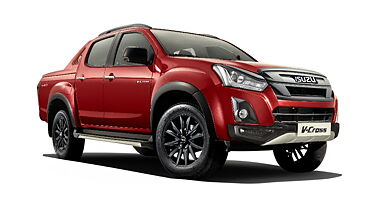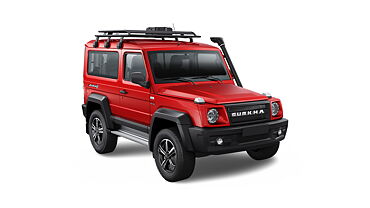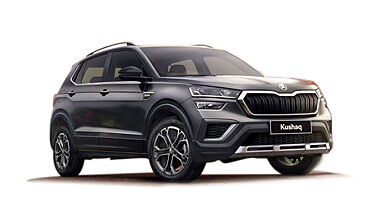Volvo has increased its line-up by more than 100 per cent by unveiling a number of heavy buses in India, including the international debut of some of its vehicles, such as city buses and coaches. The new entrants in Volvo’s portfolio have set the bar higher in the manufacturer’s segment. This Swedish company is also looking to foray into the second tier routes and cities of the country with a new coach. The launch of these new vehicles was presided over by Hakan Karlsson, President, Volvo Bus Corporation and Akash Passey, Managing Director & CEO, Volvo Buses in South Asia.
Volvo’s increased line-up in India consists of three new models that will be the first of their segment in the country. With these three vehicles, the company’s bus range will increase to 10 products. This momentous launch event has been held just three months after Volvo Buses had told the world about its plans of becoming a USD 1 billion dollar company in coming times. The company has also put measures in place for increasing the safety standards in its coaches by implementing enhanced Front Under-run Protection (FUP) & Frontal Impact Protection (FIP) systems.
Hakan Karlsson, President, Volvo Bus Corporation, commented, "About three months ago we promised that we will play a bigger role in the progress of the Indian bus industry and announced an investment of INR 400 crores. Today, we stand here with a product range that will take us there. Most importantly, our focus remains to drive quality of life and with our current range we will be spreading the Volvo experience to a larger market in the country. We have defined a clear rol
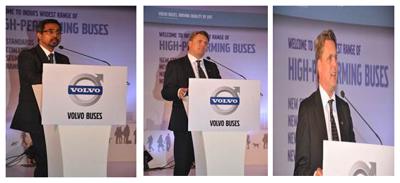
e for India in the future - as one of the largest markets in the group, a global hub for selected models, local product development and that utilises the synergies we hold as a group in India. Today, we can proudly say we have set our foundation."
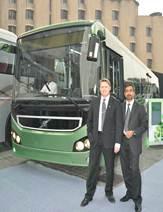
Akash Passey, Managing Director & CEO, Volvo Buses in South Asia, also said, "Today, in one single step we are bringing in products equal to that what we did in the last decade. We now have the local competence & experience to raise the momentum of change manifold. This is just as we expand our market access and raise standards & expectations. We are on our way to reaching our vision of a 1 billion dollar company with 5,000 buses produced each year. Importantly, with every new product we are touching areas of national and human value - improved fuel efficiency, reduced emissions, attractive public transport, safer & comfortable travel. We are ensuring that, with Volvo, our customers are No.1 in their own business, while more & more passengers in the country experience bus travel - the way the world moves."
The first multi-axle coach of India - 14.5 m long, with steered axle
Volvo 9400PX to redefine luxury coaches
The Swedish manufacturer has set the bar higher for luxury, travel comfort, safety and transport economy in coaches with its 9400PX model. The coach boasts of increased length, extra space, better performance and various new features that make travel even more enjoyable. With a length of 14.5 m, the model is the longest intercity coach vehicle in the country presently. Just a step into the coach gives passenger the true feel of luxurious environments and quality interiors.
Built on the lightweight Volvo PX platform, the 9400PX model boasts of higher gradability, acceleration, stability and luggage space. It is assimilated with the all-new Volvo 11 L engine that is capable of producing 370 hp. A notable feature of the vehicle is the steerable tag-axle, which allows smoother road handling and manoeuvrability.
Volvo I-Shift gearbox is another highlight of the new Volvo 9400PX. It is an automatic transmission system that offers optimum driving and riding comfort, improved fuel economy and excellent braking power, between 400 and 600 kW.
The opulent interiors of the Volvo 9400PX consists of various passenger conveniences, such as pantry, toilets and VOD, among others, for rendering a comfortable driving experience for travelling long distances.
This bus revolutionises the way comfort in road travel is seen, being a best-in-class coach. It has been introduced for the first time in the world, with the Indian market being its first stop.
A multi-axle city bus with steered axle for the first time in India
Volvo 7400XL is the first-ever multi-axle bus of India with steered axle, which boasts of 55 per cent increased passenger capacity and 30 per cent less emissions, fuel consumption and on-road space. 14.5 m long, the 7400XL model offers the best mode of transport for the masses, requiring lesser number of buses for transporting people, resulting in optimum resource utilisation.
The vehicle has been developed after an extensive research of 10 years regarding high performing bus application in the country. The steered tag-axle allows drivers to make tight turns more easily and manoeuvre the bus better in the city.
This new model improves upon the benchmarks set by its predecessor Volvo 7400 in terms of saving fuel, emissions and road space. Such factors make the Volvo 7400XL ideal for growing cities, high occupancy routes and for supporting decongestion.
A world-class product, from Asia, for Asia
Volvo makes its initial foray into the second tier routes with the Volvo 9100 Coach. The new Volvo 9100, which has been unveiled for the first time in the world, is a coach built in Asia especially for the continent. It is a key component of Volvo’s plans to deploy quality transport throughout India by including greater number of cities and routes.
The Volvo 9100 signified the company’s commitment towards safety, quality and the environment. Leveraging on its decade-long experience in the country, Volvo has used an engine that suits driving conditions of India. This bus is ideal for fulfilling the medium haulage requirements and will provide the exclusive Volvo experience to millions of passengers in second tier routes.
Bus operators will be enthralled by the class-leading fuel efficiency, low maintenance requirements and minimal operating costs of the Volvo 9100. Indeed, this model signifies the company’s capability of developing a product exclusively for the local market.
Volvo 7700 Hybrid – the first commercially feasible hybrid bus, present at the 2012 Auto Expo
Volvo presents the first commercially-produced hybrid bus in the world that has proven its value for fuel saving and dependability in commercial operations in the past few years. It boasts of Volvo hybrid technology, the adaptable driveline solution currently available for providing performance, economy and uptime while caring for the environment.
Some of the highlights of this vehicle are:
- Well-established widespread commercial operation
- New lighter body design
- Increased passenger capacity
- Up to 37per cent fuel savings
- 40-50 per cent lower exhaust emissions
- Noiseless and emission-free at bus stops
- Optimised for inner city as well as suburban traffic conditions
- Supported by a comprehensive business solutions package
Volvo’s range of high-performance buses and coaches, the biggest in India
Now buyers can exercise full choice in selecting high performance buses and coaches with Volvo India’s range, which consists of:
- Volvo 9400PX Multi-axle at 14.5m, PX platform & 11-litre engine
- Volvo 9400XL Multi-axle at 13.7m with 9 litre engine
- Volvo 9400 with 9-litre configuration
- Volvo 9400 with 7 litre configuration
- Volvo 9100
- Volvo 7400XL City Bus
- Volvo 7400 City Bus
- Volvo 7400CNG City Bus
- Volvo 7400Semi-Low Floor City Bus
- Volvo 8400 Commuter City Bus
They can also opt for the variants of these products.
Extra FUP and FIP protection in all coaches
Volvo has set the bar higher for bus manufacturers by presenting the first-of-its-kind safety features. The company has made the debut of its Front Impact Protection (FIP) ad Front Under-run Protection (FUP) systems. These two safety standards have been tested by the ARAI in India and are ahead of the global norms, even though these are not necessarily required in the country.
FIP is a frontal collision protection mechanism that distributes the force of an impact in the fascia of the vehicle. Tests have validated that FIP reduces serious risks of personal injury by a substantial margin. The FUP system comes into effect when buses and cars collide by considerably lowering the risk of injury. It comprises a steel structure placed after the bumper in order to disallow the advancing vehicle from being stuck under the bus. Moreover, it provides unparalleled protection to the parts installed at the lower front portion of the coach. Both of these systems have been implemented in all Volvo Coaches present in the country.
Volvo Buses is enjoying its decade-long stay in India and provides the country with high performance buses that have raised the benchmark for mass travelling. The company boasts of a world-class production unit where it develops its transport solutions that cater exclusively to the Indian market. It has made its presence felt in 12 cities of India, along with Bangladesh and Sri Lanka. Volvo is currently the second biggest European company operating in the major markets of Asia, with more than 5000 Volvo buses present in the SAARC region in the city and inter-city segments.
In October 2001, Volvo rolled out its first bus in India and hit the 100-bus mark in just six short months, an indication of the high demand for such buses in the country. In phases, the company entered all the regions, first the South, then moving on to West, North and East.
The company received an excellent response for its first inter-city coach. It saw the demand increase in private as well as institutional sectors and had become the ticket brand due to word-of-mouth publicity. In no time, bus operators started developing brands revolving around their fleets of Volvos and the associated transport quality. Volvo Buses enjoys a 70 per cent market share of the luxury inter-city coach segment and more than 50 per cent share in the low floor air-conditioned city bus segment.
2005 saw the Indian debut of the first low-floor air-conditioned city bus by Volvo, with Bangalore being its first stop. The manufacturer immediately got an order for 200 buses, hinting at the popularity of this bus in the country. Bangalore Metropolitan Transport Corporation (BMTC) decided to ply Volvo buses on its new airport route that was based outside city limits. The service received an overwhelming response and Volvos account for close to 60 per cent of the passengers coming from the Bangalore Airport to the city. With this service, the need of 60000 car trips per month was also eliminated. This made other cities take notice of the streamlined transport system, and now 12 cities in the country rely on Volvo city buses.
Volvo Buses incorporated the Volvo Buses India Pvt. Ltd. in the year 2008 and set up its Complete Bus Factory in the vicinity of Bangalore, becoming the first Indian company to work on its bus solutions under a single roof. With this new plant, Volvo became the first manufacturer to develop a whole bus, including chassis, body and all accessories, at a single centre. With installed capacity of 1000 buses, the new unit was the most modern development facility and was centred on Volvo’s global best practices.
Thereafter, the company introduced its Volvo multi-axle inter-city coach that had Electronic Suspension, Electronic Brakes and more sophisticated multiplexing, among a host of other safety and performance features. Its power was also increased, now rendering 340 HP and boasted of 20 per cent extra passenger space and revenue, while delivering higher fuel efficiency per passenger per km. The company had obtained an order for 100 of these coaches in 2010, making it the largest order for inter-city coaches in the country considering size and volume.
In 2011, Volvo Buses said that it will aim to generate revenues of USD 1 billion by increasing volumes by 500 per cent, thereby producing 5000 units annually. The company also aims to export 20-25 per cent of the units to market outside of South Asia and create new segments for itself. The manufacturer has drafted a plan for increasing its existing industrial establishment by 100 per cent. It has already begun working on the same and is making efforts to attain its goal.
